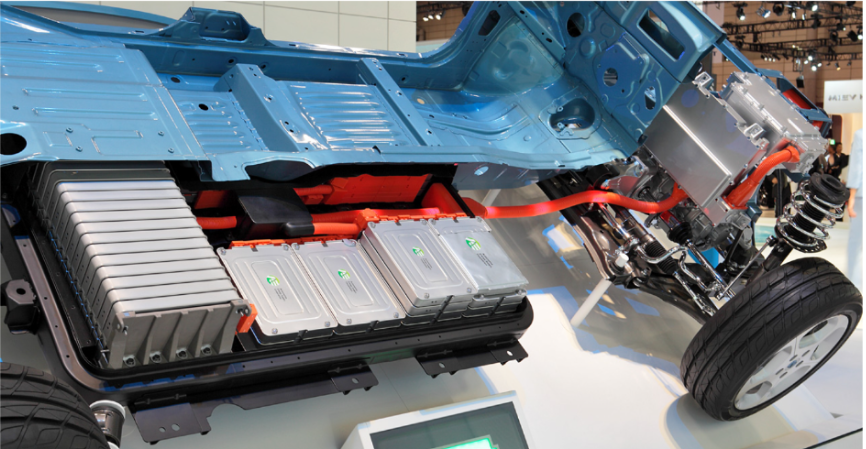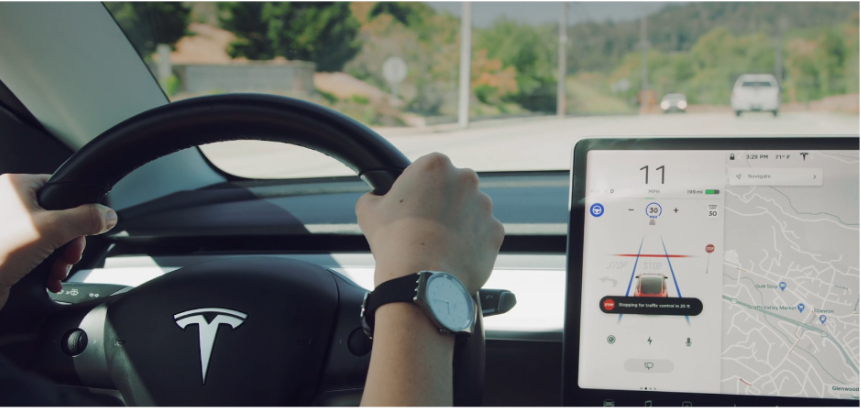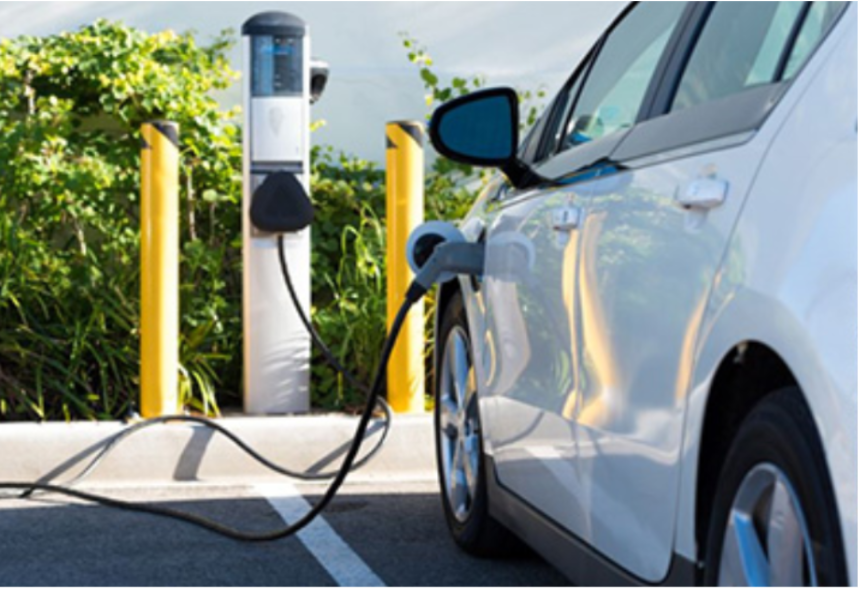This post contains affiliate links, we'll earn compensation if you make a purchase using them at no additional cost to you 😊
The global electric vehicle (EV) market is rapidly growing and propelled by technological advancements. With increasing environmental awareness, government policies support sustainable transportation.
With technological innovations, EVs’ role has become crucial in today’s world. Their growth is rising five to six times compared to 2018. Undoubtedly, EVs are acquiring the global market.
As the world pivots toward sustainability, EV technology has seen rapid advancements that are helping accelerate global adoption. Consumers are shifting towards greener alternatives. This article explores emerging Electrical Vehicle technology trends and how they drive global sales expansion.
Emerging Trends In Electric Vehicle Technology
In 2023, Electric car sales were 3.5 million higher than in 2022, calculating a 35% year-on-year increase. The reasons for emerging trends in Electrical Vehicle Technology that impact Global Sales are as follows.
1. Advancements In Battery Technology
The core component of any electric vehicle is its battery. Over the years, lithium-ion batteries have been the standard for EVs, offering an optimal balance between energy density and cost. However, emerging trends like solid-state batteries promise to revolutionize the industry further.

Another crucial trend is the development of ultra-fast charging stations. Companies like Tesla and Electrify America are leading the way in reducing charging times, making long-distance travel more feasible for EV owners.
These advancements reduce the cost per mile, making EVs more affordable and practical for everyday use. As more consumers find EVs within reach, this directly impacts sales growth.
2. Autonomous Driving And AI Integration
Autonomous driving technology is rapidly evolving, with many EVs now equipped with advanced driver-assistance systems (ADAS), making driving safer and more convenient. Due to Artificial Intelligence integration, Autonomous driving is becoming a reality.
Currently, the integration of Autonomous driving and artificial intelligence (AI) are two of the most transformative trends in the automotive industry, particularly in the electric vehicle (EV) sector.

These systems range from Level 1 (driver assistance) to Level 5 (full automation). In the United States, new electric car registrations totaled 1.4 million in 2023, increasing by more than 40% compared to 2022. Through these levels, systems analyze the environment, identify objects, predict potential hazards, and make driving adjustments.
These AI-powered features add allure to EVs. Advances in communication technology allow vehicles to communicate with each other. Consumers are more likely to invest in an EV with cutting-edge autonomous driving capabilities, thereby driving up global sales.
3. Fast Charging Infrastructure
One of the main concerns for potential EV buyers has always been the availability of charging infrastructure. There has been a global push to expand fast-charging networks to alleviate these concerns.
Countries are investing heavily in building accessible and reliable charging stations, including advancements like wireless charging, which could eliminate the need for cables entirely. Companies like Tesla and Electrify America are leading the way in reducing charging times, making long-distance travel more feasible for EV owners.

In 2023, Europe’s sales-weighted average battery electric SUV had a battery almost twice as large as the one in the average small electric car, with a proportionate impact on critical mineral needs.
As convenience increases, consumer hesitation decreases, directly boosting EV sales. This technology is becoming increasingly integrated into modern EVs, paving the way for smarter and more efficient transportation systems.
4. Sustainability And Green Manufacturing
The use of recycled and sustainable materials in EV production is gaining traction. It is a crucial factor in consumer decision-making, and manufacturers are adopting eco-friendly practices to reduce their environmental footprint.
Companies are investing in renewable energy sources to power their production lines. Many consumers opt for eco-friendly transportation options, and EVs are at the forefront of this movement. This shift in consumer mindset significantly contributes to the rise of global EV sales.
How These Trends Are Impacting EV’s Global Sales?
The emerging trends in electric vehicle (EV) technology are having a profound impact on global sales in several key ways:
- Looking at China’s robust sales growth, electric car sales are expected to rise by nearly 25% in 2024. This represents a 35% year-on-year increase, indicating robust growth as the market matures. China’s growth significantly impacts global EV sales, pushing the global share of electric cars higher while also driving technological advancements and cost reductions that benefit the entire industry.
- The government is playing a major role in extending incentives to Electric Vehicle (EV) manufacturers and offering tax deductions to consumers to adopt EV vehicles on a large scale.
- The United States is expected to reach a revenue of U.S. $94.9 billion in 2024, compared to 2023. It is expected to show an annual growth rate (CAGR 2024-2029) of 10.49% by 2029.
- The data explains that in 2023, 7.3% of all new car sales in America were fully electric compared to 2022.
- India’s market is expected to see a 42% year-on-year increase in EV sales. The report says that electric vehicle sales touched 1.67 million units in FY 2024. The government also enacted an EMPS (Electric Mobility Promotion Scheme) to adopt EV vehicles with suitable incentives across different categories.
- Europe EV car sales are increasing by around 10% year-on-year. About 13% of the market was occupied by electric car registrations. In 2023, over 3 million passenger plug-in electric cars have been registered in Europe, 16% more than in 2022.
It is necessary to consider that increased competition and the rollout of more affordable models could accelerate EV sales beyond current projections.
Conclusion: EV’s Global Sales Are Expected To Grow By 20% In 2025
The future of electric vehicles (EVs) is brighter than ever, thanks to the rapid pace of technological advancements and AI integration. From breakthroughs in battery technology to innovations in charging infrastructure and autonomous driving, EVs are becoming more accessible, affordable, and efficient.
As these trends continue to evolve, they will not only boost global sales but also reshape the entire automotive industry. With the growing focus on sustainability, electric vehicles are set to dominate the future of transportation.


